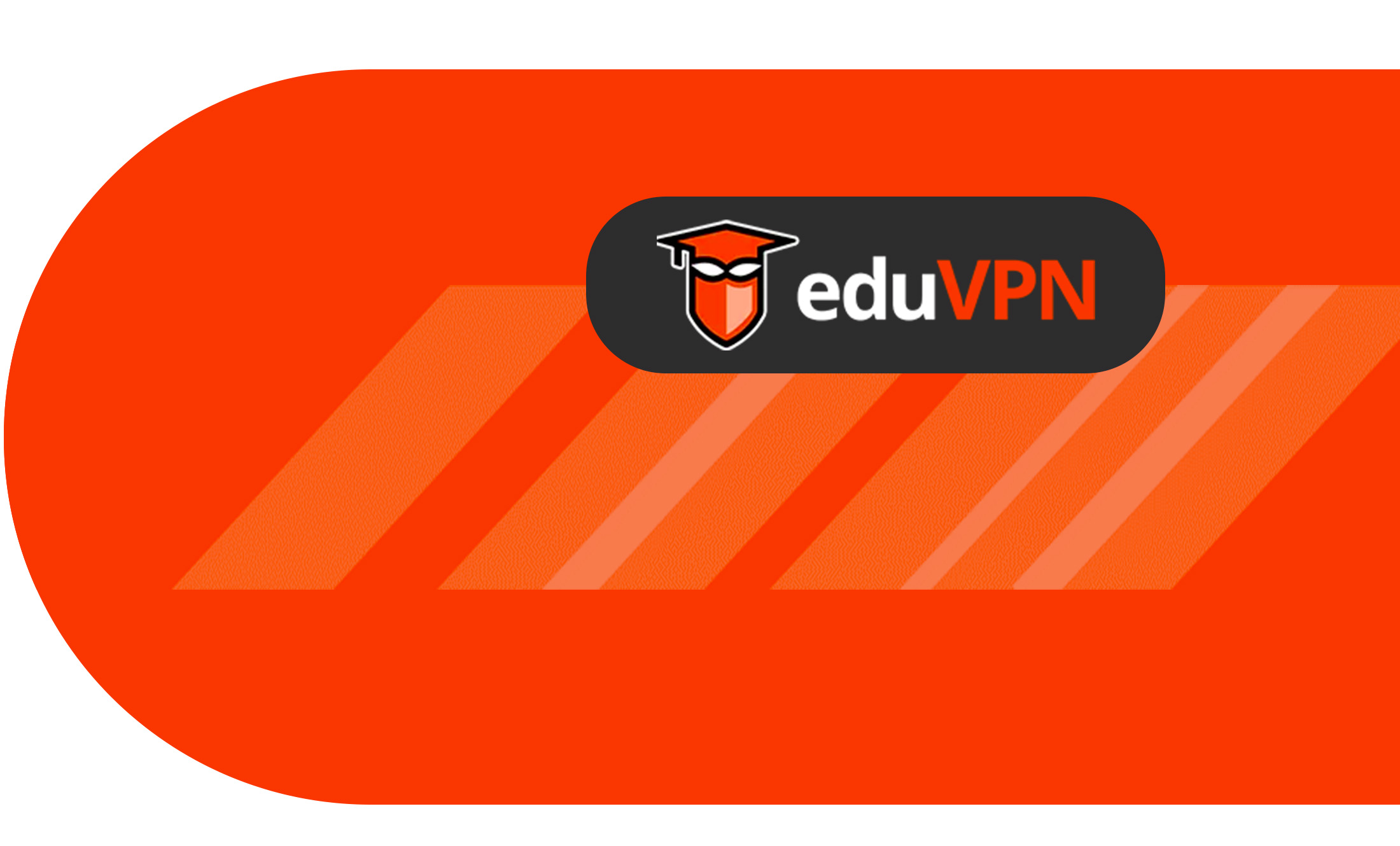eduVPN

Contacts
eduVPN
eduVPN is a service designed for students, faculty, and researchers to connect to the internet securely and seamlessly, even when using public networks or working outside their institution.
With eduVPN, you can set up a virtual private network (VPN) that creates an encrypted connection, allowing direct and safe access to networks. This ensures a fast, secure connection, protecting your internet traffic from potential interception.
eduVPN also enables access to the GARR network from outside Italy or lets you connect to other research networks abroad that participate in the service.

what is a VPN?
VPN or Virtual Private Network
A VPN, or Virtual Private Network, is a tool that establishes a secure connection between a user’s device—such as a computer, tablet, or smartphone—and a remote server over the internet. By using a VPN, all transmitted data is encrypted, making it unreadable to anyone attempting to intercept it. This is especially useful when browsing on public networks (like Wi-Fi in airports, malls, or cafes), where data is more exposed. A VPN also hides the user’s IP address, adding an extra layer of privacy and security. This process safeguards browsing activity, ensuring that data remains private and protected from hackers or anyone attempting to track online behavior.
EduVPN for researchers

Secure Internet
eduVPN Secure Internet is a national service managed and provided directly by GARR. It is a service dedicated to students, teachers, and researchers who, through the IDEM credentials provided by their organization, can easily access reliable networks (global research networks) avoiding connecting to public Wi-Fi hotspots.
A VPN is especially useful for the education and research community and offers several advantages.
Protection on public and unsecured networks: When studying or conducting research off-campus, many people rely on public Wi-Fi networks in places like libraries, cafes, or airports, which are often vulnerable to cyber attacks. A VPN helps protect personal and research data while browsing, ensuring that sensitive information and login credentials are encrypted and protected from potential interception.
Unrestricted access to international resources: Certain research tools and educational content may only be accessible from specific regions. A VPN can help bypass these geographic restrictions, allowing students and researchers to access international academic resources and relevant information, enhancing the effectiveness and quality of their work.
Secure collaboration and data transfer: Conducting research and collaborating often requires sharing files or discussing data and findings. A VPN ensures these communications and data transfers are secure, providing added peace of mind for those handling sensitive projects requiring discretion and confidentiality.
International mobility: For researchers in particular, a VPN allows access to the same university resources while traveling, enabling them to work securely and continuously even off-campus and during international mobility periods

EduVPN for institutions
Institute Access
With eduVPN, organizations connected to the GARR network have the opportunity to provide their employees, students, and researchers with access to a private corporate network for accessing resources located within the local network.
To use the service in "Institute Access" mode and ensure access to the company VPN, the organization must take care of the configuration procedures on its own following the instructions on the website https://www.eduvpn.org/how-to-deploy-eduvpn
EduVPN

An international community project
eduVPN was established in 2015 as a project of the Dutch research network SURF, which continues to play a leading role in the development of the service.
Within the international community, the service has expanded widely to over twenty countries.
News da eduvpn.org
Case study: Ca’ Foscari University of Venice boosts remote access with eduVPN
eduVPN case study: University of Turku improved the performance and security of remote access systems
eduVPN Privacy Overview
Raising cybersecurity awareness through hands-on engagement at Maker Faire Rome
Extending secure access to academic resources with eduVPN
macOS firewall intermittently blocks VPN after sleep
GARR launches new eduVPN service for secure connections worldwide
Exploring eduP2P: A Peer-to-Peer VPN Proof-of-Concept
How to deploy eduVPN







